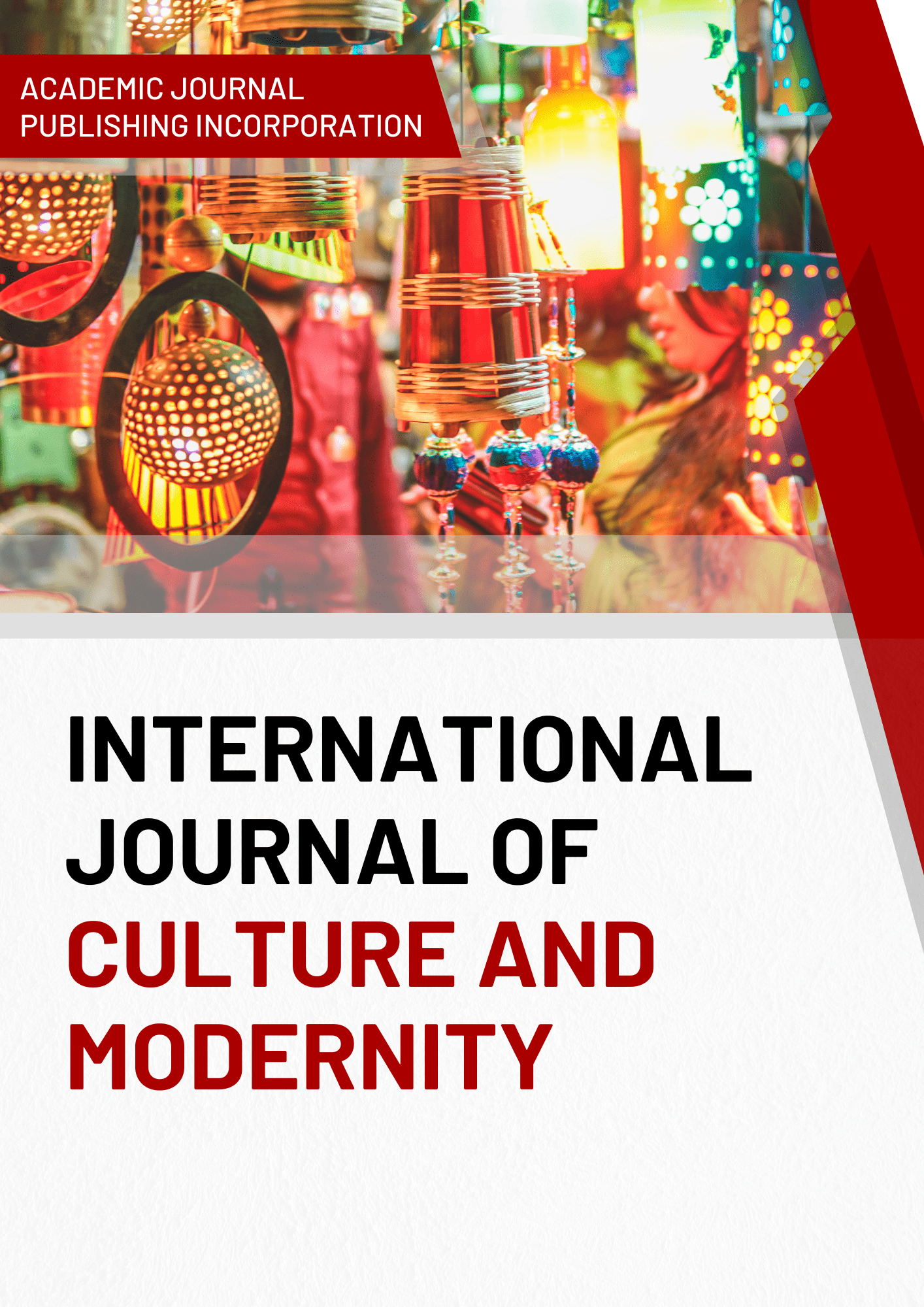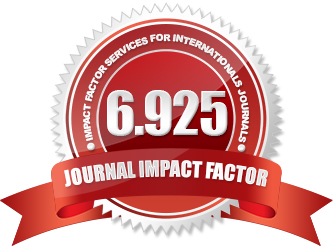The Effect of Organizational Culture, Work Discipline, and Communication Competency, on Employee Performance in The Regional Financial Management Agency of Tambrauw Regency, West Papua Province
DOI:
https://doi.org/10.51699/ijcm.v5i.44Keywords:
Organizational Culture, Work Discipline, Communication Competence, PerformanceAbstract
Test the validity of the research instrument, the results obtained that all instrument items are valid. This is evidenced by the probability value (sig) for each question item is less than 0.05. Thus, all questionnaire items can be continued for reliability testing. The reliability test of all instrument items has a Cronbach Alpha value above 0.6. This means that all items are reliable. Thus the whole question (questionnaire) can be used for research. The results of the multicollinearity test for all variables do not have a tolerance value less than 0.10 and none have a VIF value greater than 10. Thus, the regression model in this equation is free from multicollinearity. Normality test shows the points are around the diagonal line. It is interpreted that the regression model has normally distributed data. The heteroscedasticity test showed no symptoms of heteroscedasticity because the dots spread randomly and did not show a certain pattern. The results of the analysis, the Organizational Culture variable (X1) has a tcount value of 0.59` with a probability of 0.558. Because the probability value (sig) t > 5% (0.558 > 0.05) then partially the Organizational Culture variable (X1) has no significant effect on the Employee Performance variable (Y) if the other independent variables remain in value. Thus, the hypothesis which states that there is a positive and significant effect of the Organizational Culture variable (X1) on the Employee Performance variable (Y) is rejected. Based on the results of the analysis, the Work Discipline Variable (X2) has a tcount value of 2. 818 with a probability of 0.008. Because the probability value (sig) t < 5% (0.008 <0.05), partially the Work Discipline variable (X2) has a significant positive effect on the Employee Performance variable (Y) if the other independent variables remain in value. Thus the hypothesis which states that there is a positive and significant influence on the Work Discipline variable (X2) on the Employee Performance variable (Y) is accepted. Based on the results of the analysis, the Communication Competency Variable (X3) has a tcount of 2,649. with a probability of 0.012. Because the probability value (sig) t < 5% (0.012 <0.05) then partially the Communication Competence variable (X3) has a significant effect on the Employee Performance variable (Y) if the other independent variables remain in value.
References
Kankaew, K., Yapanto, LM, Waramontri, R., Arief, S., Hamsir, Sastrawati, N., & Espinoza-Maguiña, MR (2021). Supply chain management and logistics presentation: Mediation effect of competitive advantage. Uncertain Supply Chain Management, 9(2), 255–264.https://doi.org/10.5267/j.uscm.2021.3.007
Agustiar, Amin, S., and Edwar, 2005. The Influence of Leadership Practices, Employee Development, and Perceptions on the Performance of PPNS Investigators Intellectual Property Rights Regional Offices of the Ministry of Law and Human Rights in Sumatra. Journal of Business Strategy. No.10.Vol. 2. pp.215-234.
Alwi, S., 2001. Human Resource Management Competitive Advantage Strategy. Yogyakarta: BPFE
Ardianto, Elvinaro. 2010. Organizational Communication, Organizational Culture, and Indonesian Bureaucracy. Observation Journal. Vol. 8, No. 2, Pages 11-32
Arikunto, Suharsimi. 2010. Research Procedure: A Practical Approach. Jakarta: Rineka Cipta
As'ad, Moh. 2008. Human Resources Science Series: Industrial Psychology, Fourth Edition. Yogyakarta: Liberty Yogyakarta
Brahmasari, Ida Ayu and Suprayetno, Agus. 2008. The Influence of Work Motivation, Leadership, and Organizational Culture on Employee Job Satisfaction and Its Impact on Company Performance (Case Study at PT. Pei Hai International Wiratama Indonesia). Journal of Management and Entrepreneurship. Vol. 10, No. 2, Pages 124-135
Budi W. Soetjipto. 2002. Human Resource Management (Selected Articles). Yogyakarta : Amara Books Publisher.
Dharma, S., 2005. Performance Management. Yogyakarta: Student Library Publisher.
Dharma, Surya 2005. Performance Management, Theory Philosophy and Its Application. Yogyakarta: Student Library Publisher.
Hamalik, O., 2000. Human Resource Development. Integrated Approach Employment Training Management. Jakarta: Publisher PT Bumi Aksara
Hamid, ES, Rowi, Budiman. 2003. Building Muhammadiyah Professionals. Yogyakarta: LPTP Muhammadiyah and UAD PRESS
Handoko, H., 1993. Personnel Management and Human Resources. Yogyakarta. Publishing Agency of the Faculty of Economics UGM.
Handoko, H., 1995. Management. Eds 2. Yogyakarta: Publishing Agency, Faculty of Economics, UGM.
Hasibuan, Malay SP. 2017. Human Resource Management. Revised Edition. Jakarta: Earth Literacy.
Ivancevich, JM, Konopaske, R., and Matteson, MT, (2005). Organizational Behavior and Management Volume 1. Jakarta: Erlangga Publisher.
Ivancevich, JM, Konopaske, R., and Matteson, MT, (2006). Organizational Behavior and Management Volume 2. Jakarta: Erlangga Publisher.
Koesmono, H. Friends. 2013. The Influence of Motivation, Organizational Culture, Transformational Leadership, Transactional on Job Satisfaction and Organizational Commitment of Petra Christian High School Teachers. Journal of Partners in Economics and Business Management. Vol. 4, No. 1, Pages 56-68
Kusuma, Aditya. 2007. Effect of Work Environment on Employee Performance at BKD Lahat Regency. Administration Journal. Vol. 4, No. 4, Pages 325-339
Lako, Andreas. 2004. Leadership and Organizational Performance: Issues, Theories, and Solutions. Yogyakarta: Amara Books
Laurensius, F., (2005). Building a Performance Culture in Public Sector Organizations. Entrepreneur Management. No. 08 Year XXXIV August.
Luthans, F., 2006. Organizational Behavior, Ten Edition. Yogyakarta : Andi Offset Publisher.
Mangkunegara, AP, (2017). Company Human Resources Management. Bandung: PT. Rosdakarya Youth.
Munandar, Ashar Sunyoto. 2008. Industrial and Organizational Psychology. Jakarta: UI-Press
Nitisemito, Alex S. 2000. Personnel Management: Human Resource Management. Ed 3. Ghalia Indonesia: Jakarta.
Purbana, Nursya'bani (2000). Future Organizational Leadership Effectiveness Concepts and Strategies. Journal of Business Strategy. JSB Special Edition On Human Resources, p. 115-129.
Putri, AA Mega Rosa Arini. 2014. The Influence of Leadership Style, Organizational Culture, and Financial Compensation on Employee Job Satisfaction at PT. International Garment World in Denpasar. Udayana University Management Journal. Vol. 3, No. 1, Pages 183-204
Rivai, Veithzal and Sagala, E. Jauvani. 2009. Human Resource Management for Companies from Theory to Practice. Jakarta: Publisher Rajawali Press.
Robbins, SP and Judge TA 2015. Organizational Behavior. Jakarta: Salemba Empat
Sawitri, Peni. 2011. Interaction of Organizational Culture with Management Control System on the Performance of Manufacturing and Service Industry Business Units. Journal of Management and Entrepreneurship. Vol. 13, No. 2, Pages 151-161
Sedarmayanti. 2017. Human Resource Management, Bureaucratic Reform, and Civil Service Management. Bandung: Refika Aditama
Simamora, Henry, (2004). Human Resource Management. 3rd Edition. Yogyakarta: Publishing Section of the YKPN College of Economics.
Simanjuntak, Payaman J. 2011. Management and Performance Evaluation. Jakarta: Publishing Institution of the Faculty of Economics, UI
Sirait, Justine T. 2006. Understanding Aspects of Human Resource Management in Organizations. Jakarta: Grasindo
Sophia, (2008). Organizational Behavior. Yogyakarta : Andi Offset Publisher
Sudarmanto. 2009. Human Resource Performance and Competency Development: Theory, Dimensions of Measurement, and Implementation in Organizations. Yogyakarta: Student Library
Sudjana. 2004. Management of Educational Programs for Non-Formal Education and Human Resource Development. Bandung: Falah Production.
Sugiyono. 2010. Business Research Methods (Quantitative, Qualitative, and R&D Approaches). Bandung: Alphabeta
Tangkilisan, Hessel NS, (2009). Regional Autonomy Policy and Management. Yogyakarta: Lukman Offset Publisher.
Tjiptoheriyanto, Priyono. 2008. Human Resource Development. Jakarta: LIPI Press
Tupamahu, S. and Soetjipto, BW, 2005. Measurement of Return on Training Investment (ROTI). businessman. O. 12 Yr. XXXIV.
Omar, Hussein. 2002. Business Research Methods. Jakarta: Gramedia Pustaka Utama
Yukl, Gary. 1998. Leadership in Organizations Indonesian Edition. Jakarta: Prentice Hall Publisher.
Sarwono, Jonathan. 2005. "Theory and Practice of Marketing Research With SPSS". Yogyakarta: Andi Yogyakarta.
Kankaew, K., Yapanto, LM, Waramontri, R., Arief, S., Hamsir, Sastrawati, N., & Espinoza-Maguiña, MR (2021). Supply chain management and logistics presentation: Mediation effect of competitive advantage. Uncertain Supply Chain Management, 9(2), 255–264.https://doi.org/10.5267/j.uscm.2021.3.007
Yapanto, LM, Tanipu, F., Paramata, AR, & Actors, E. (2020). THE EFFECTIVENESS OF FISHERY COOPERATIVE INSTITUTIONS. 17(25), 1329–1338.
Lasut, RF, Mandey, SL, Jan, AH, Ratulangi, US, & Ratulangi, US (2021). Analysis of the Effect of Service Quality and Premium Amount on Collectability Levels and Participant Satisfaction as Intervening Variables at BPJS Kesehatan Manado Branch. 633–646.
Musa, FNH, Tumbel, A., & Wullur, M. (2021). Discipline Analysis Of Work, Motivation And Loyalty Towards Employee Performance (Case Study At Gorontalo State University). 449–462.
Lasut, RF, Mandey, SL, Jan, AH. (2021). Analysis of the Effect of Service Quality and Premium Amount on Collectability Levels and Participant Satisfaction as Intervening Variables at BPJS Kesehatan Manado Branch. 633–646.
Koesmono, Friend. 2005. The Effect of Organizational Culture on Motivation and Job Satisfaction and Employee Performance in the Sub-Sector of the Medium-Scale Wood Processing Industry in East Java. Journal of Management & Entrepreneurship. Vol. 7, No. 2. Pages 171-188
Downloads
Published
How to Cite
Issue
Section
License
Copyright (c) 2021 Didymus Wabia, David PE Saerang, Rita N. Taroreh

This work is licensed under a Creative Commons Attribution 4.0 International License.






